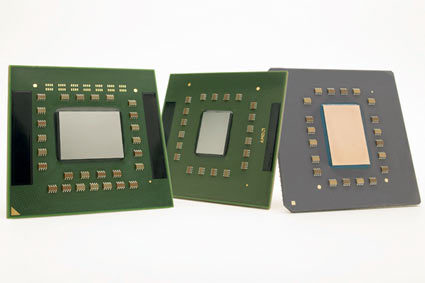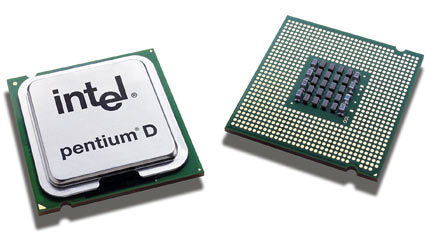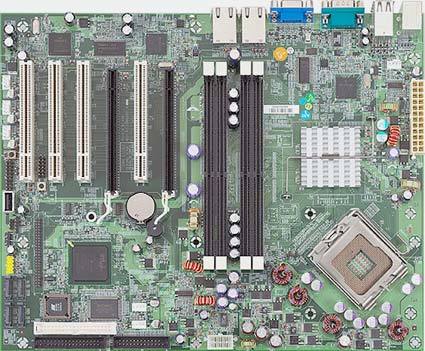The Best Platform For Small Business Server 2003
Navigating The Processor Landscape
From 130 nm single-core to today's 90nm dual-core models, AMD's Opteron is a solid SBS value.
Most seasoned IT professionals are quick to adopt enterprise-class equipment, including AMD Opteron and Intel Xeon processors. And while you might see the best performance from a flagship server chip, you'll spend the most money in the process, too. With that said, AMD and Intel are both driving full speed ahead with their dual-core initiatives . The dual-core Opteron is already available, in fact. It naturally bears a price premium, but the relative performance of two independent cores and the renowned dependability of the Opteron brand, adds up to a real value win. Intel recently announced its dual-core response, enabling similar functionality for those who favor Xeon.
The feature sets of today's server/workstation and desktop processors are very similar. Quite frankly, many businesses can get away with the less expensive, comparably quick desktop chips, using them to easily drive Exchange and SQL Servers. Granted, scalability is generally limited by a lack of multi-processing support, but again, with dual-core in full swing, threaded applications still see increased performance. Thus, AMD's Athlon 64 X2 and Intel's Pentium D series emerge as perfectly viable engines for a Small Business Server machine.
Intel's dual-core Pentium D enables a great cost-conscious alternative to pricey server chips.
Motherboards Matter
Match that Pentium D up to a server-class platform such as Tyan's Tomcat i7230A.
High-end processors lend themselves to an elevated pedigree of motherboards and memory. For example, AMD's Opteron is designed for enterprise-class Socket 940 motherboards and registered DDR400 memory modules. The Intel Xeon has its own Socket 604 interface, which you'll only find on boards meant for server and workstation duties. Here, registered DDR or DDR2-400 memory is deployed. When you dip down into mainstream processors, however, it's easier to err on the side of frugality and pull a desktop board into a more demanding environment. Shopping for the appropriate SBS equipment can consequentially get tricky.
Sometimes, mitigating risk with Pentium 4 and Athlon 64 motherboards means spending a little extra. Some motherboard manufacturers, such as Supermicro or Tyan, are renowned for their quality server products. They sell a handful of LGA775 and Socket 939 products, though, that couple mainstream CPUs with specialty feature sets ideal for entry-level servers.
Get Tom's Hardware's best news and in-depth reviews, straight to your inbox.
Of course, you're buying more than just a name when you purchase a server-oriented motherboard. Tyan's Tomcat i7230A, for example, comes with integrated graphics, dual Gigabit LAN controllers - valuable additions in a properly firewalled SBS server - and support for DDR2 memory. The right ECC memory modules add just one more safeguard against data loss, should something go awry.
SBS 2003 can be quite demanding, especially when you consider the demands of Microsoft Exchange. Most top-tier business servers include at least 512 MB these days. However, consider stepping up to at least 1 GB, especially on machines loaded with SBS 2003 Premium, which imply the need for SQL Server running concurrently with Exchange.
Current page: Navigating The Processor Landscape
Prev Page Building The Best SBS 2003 Platform Next Page A Whole New World Of Storage


